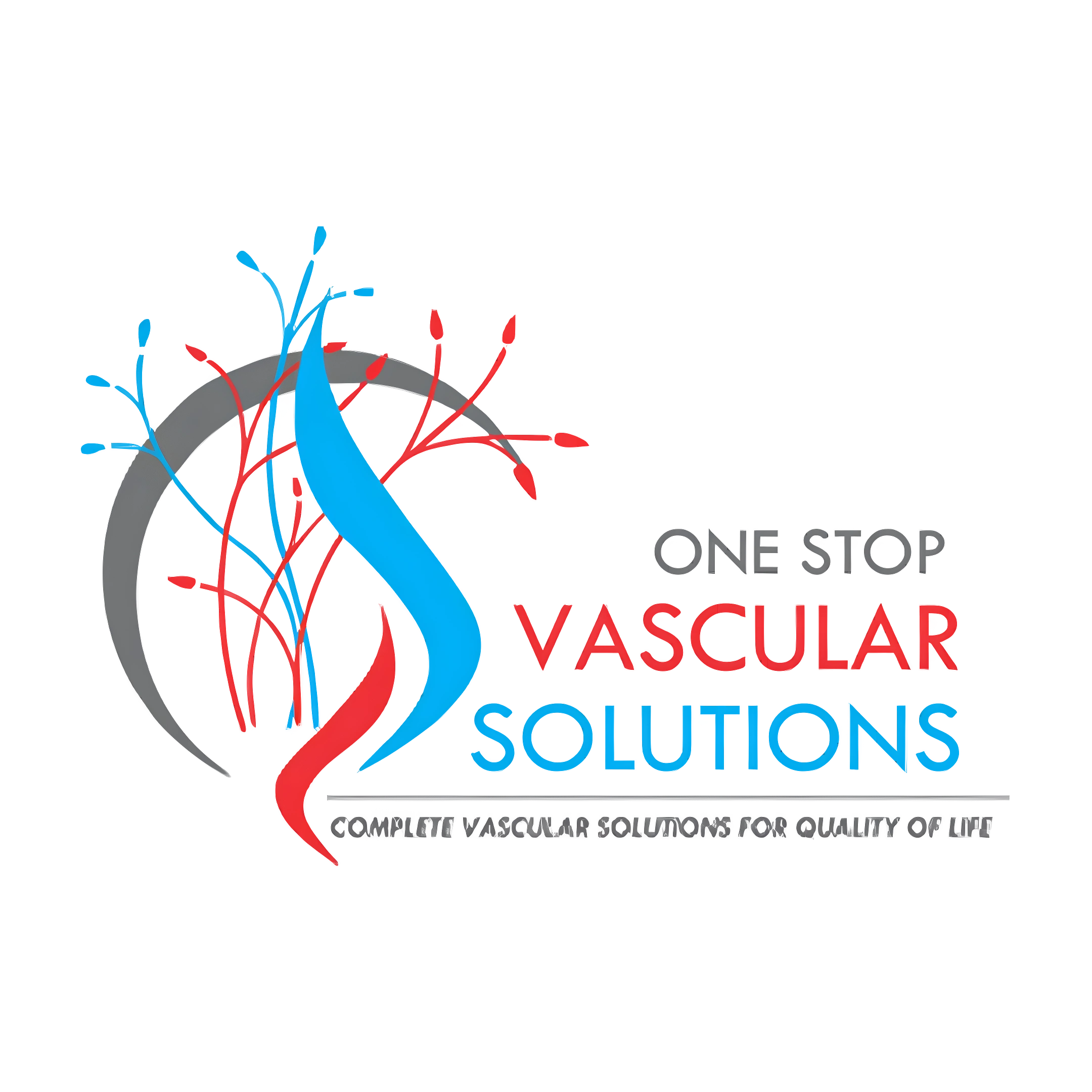The Trusted Wound Care Centre in Hyderabad
Wound care is a critical yet often overlooked aspect of healthcare. Whether it’s a minor cut or a chronic ulcer, wounds require timely and expert attention to,prevent complications and promote faster healing. At One Stop. Vascular Solutions, a leading wound care centre in Hyderabad, patients receive state-of-the-art treatment tailored to their unique needs. Combining advanced techniques with compassionate care, the center has earned a reputation as a pioneer in wound care and vascular health.
In this guide, we will explore the importance of specialized wound care, the wide range of services offered by One Stop Vascular Solutions, and the groundbreaking advancements transforming the field of wound management.
Introduction to Wound Care
Wound care is a specialized branch of healthcare that focuses on treating injuries and conditions affecting the skin and underlying tissues. While some wounds may heal with basic care, others require medical intervention to prevent complications such as infections, delayed healing, or tissue damage. Proper wound care not only promotes healing but also addresses underlying causes such as diabetes, vascular diseases, or lifestyle factors.
At One Stop Vascular Solutions, the focus goes beyond treating the surface injury. The center’s approach restores mobility, alleviates pain, and improves the patient’s overall quality of life through tailored, comprehensive care.
Importance of Specialized Wound Care
Why General Care Isn’t Enough
Not all wounds can be treated with generic solutions. Complex conditions such as diabetic foot ulcers, venous leg ulcers, or arterial wounds often require a multi-disciplinary approach involving specialists, advanced technology, and a deep understanding of the wound’s root cause. Without specialized care, these wounds may lead to severe complications, including infections, sepsis, or even amputation.


